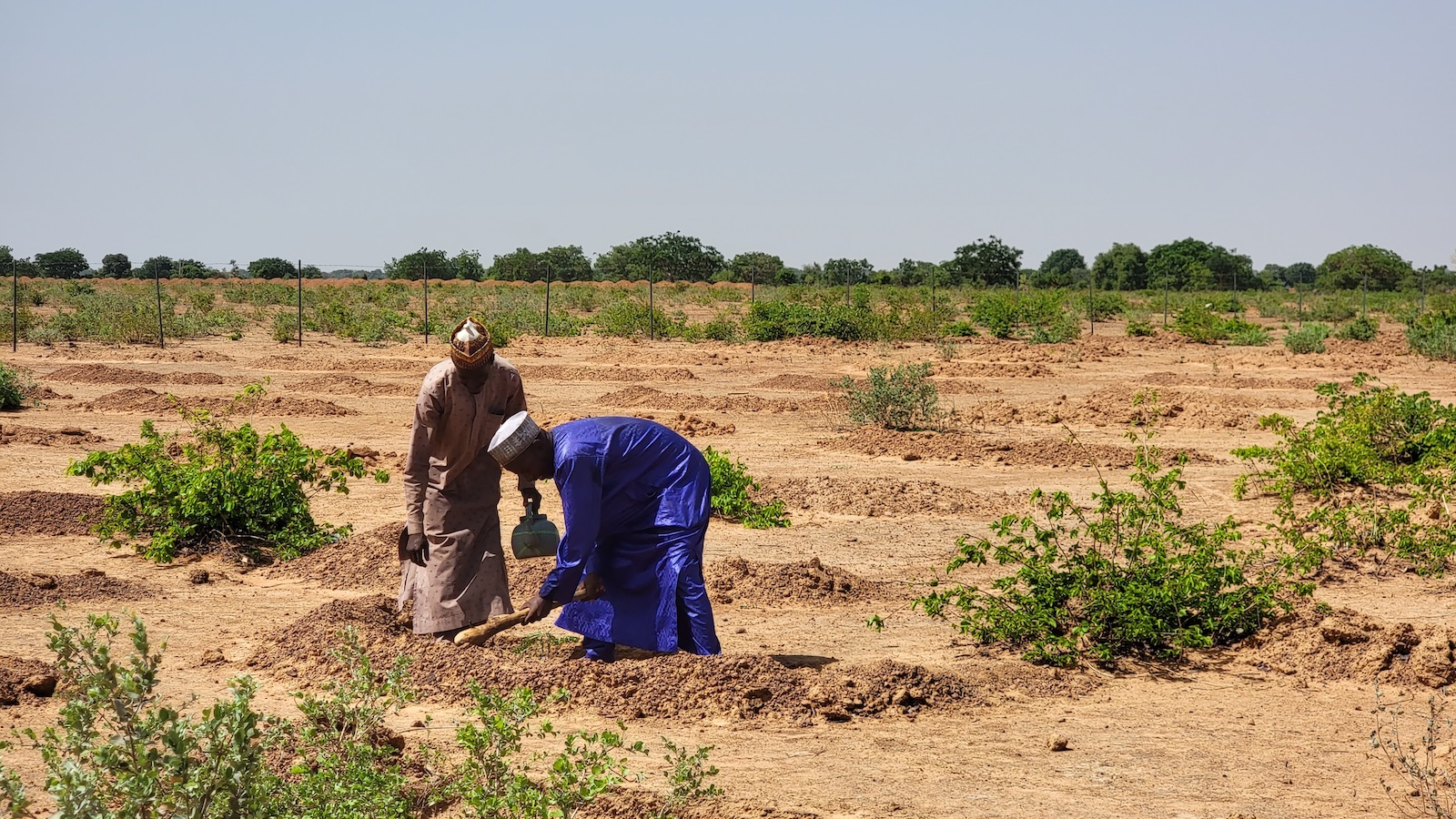Bussiness
Who applied for social equity business licenses in Minnesota, by the numbers

Hundreds of entrepreneurs, cultivators and retailers are eagerly waiting to find out if they’ll be able to source, grow and sell recreational marijuana in Minnesota by next year.
The state Office of Cannabis Management received 1,817 social equity pre-applications by the time the submission window closed on Aug. 12. That’s pared down from 2,307 OCM-verified social equity applications, which includes veterans, people historically harmed by the war on drugs, and those who live in high poverty areas. Originally, 3,144 individuals sought verification.
Once more, the office must cut down that list, and drastically so. Josh Collins, communications director for OCM, told MPR News just 282 will get a license in this first cycle.
“That helps us make sure that there aren’t any large corporations or multi-state offers that might be trying to sort of get in and game the system through an ownership with a social equity applicant, sort of on the front end,” which has been a problem in other states.
When breaking news happens, MPR News provides the context you need. Help us meet the significant demands of these newsgathering efforts.
Among the verified social equity applicants, 39 percent were military veterans. The office goes on to say 29 percent had a prior marijuana-related conviction; 25 percent live in a high level of poverty, social vulnerability or high rate of marijuana enforcement; 6 percent have a dependent with a marijuana-related conviction; and 1 percent are responsible for a small farm with gross sales between $5,000 and $100,000, OCM reported.
Applications with solid business, safety and security plans will then go into a lottery. OCM has yet to announce the date of the drawing.
The largest share of social equity applicants who submitted for pre-approval applied to be a cannabis microbusiness, where customers may use on-site, at just over 32 percent of individuals. Cannabis retailers accounted for nearly 32 percent; mezzo business — able to run up to three retail locations — for around 21 percent; cannabis delivery service for 9 percent; cannabis cultivator license for 3 percent; and cannabis manufacturers at around 3 percent. License applications for wholesalers, transporters and cannabis testing made up less than one percent each.
The OCM does not have a residency requirement for social equity applicants, meaning businesses with an established footprint in other states could apply. Just shy of 44 percent of the final group reported a Minnesota home address. In all, 129 applicants live in Minneapolis and 26 in St. Paul.
Growers will be able to get started once chosen.
“If we want to have product available in stores next year, early next year, that’s going to require that cultivation to begin early,” Collins said.
None of the retailers will be able to sell yet — but they get a head start when non-tribal dispensaries open. General licenses open up sometime in 2025.
Low-dose, hemp-based THC products have been legal to make and sell since 2022. Recreational dispensaries on tribal nations started opening after Aug. 1, 2023. In July, it became legal for businesses to offer THC beverages on tap.









